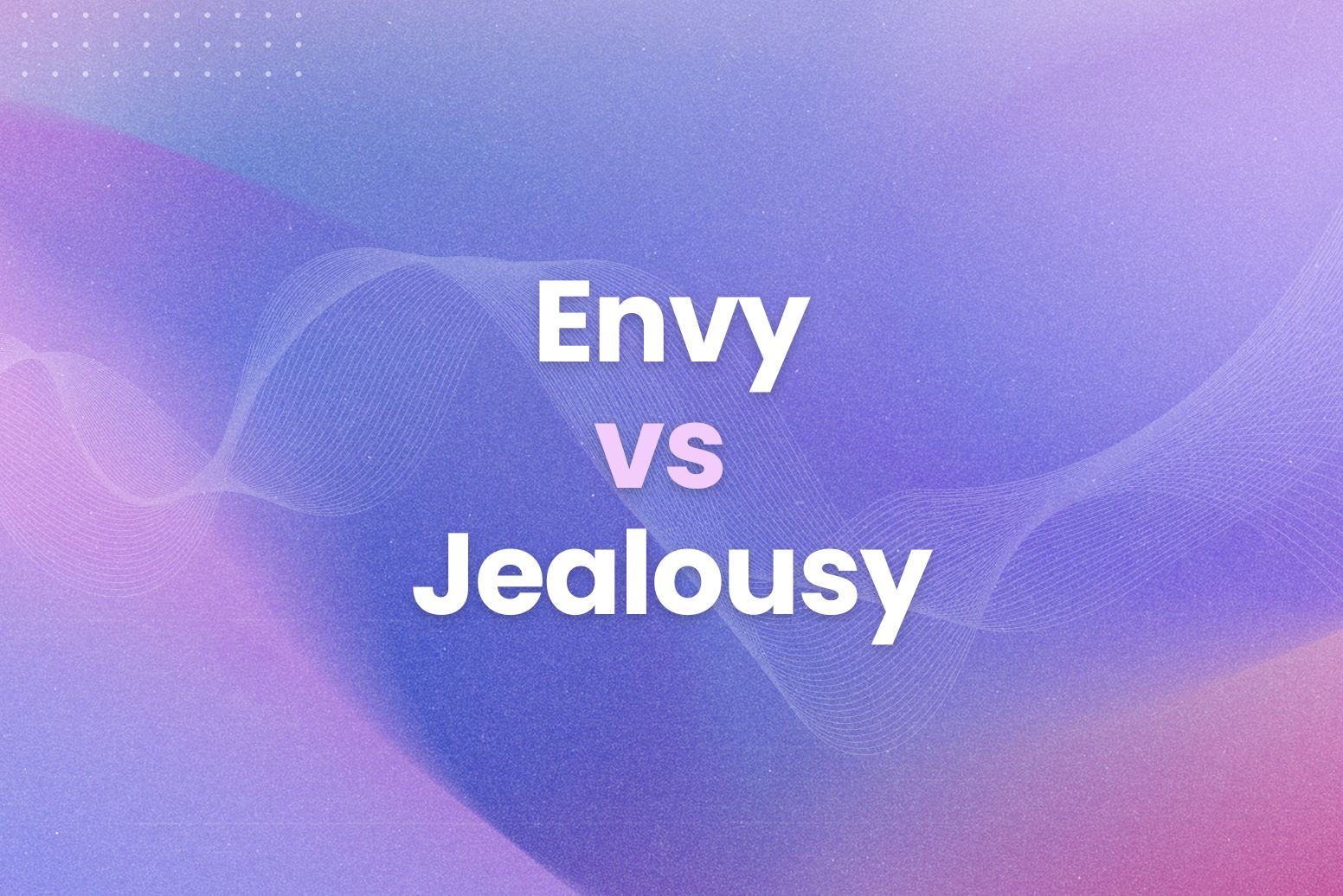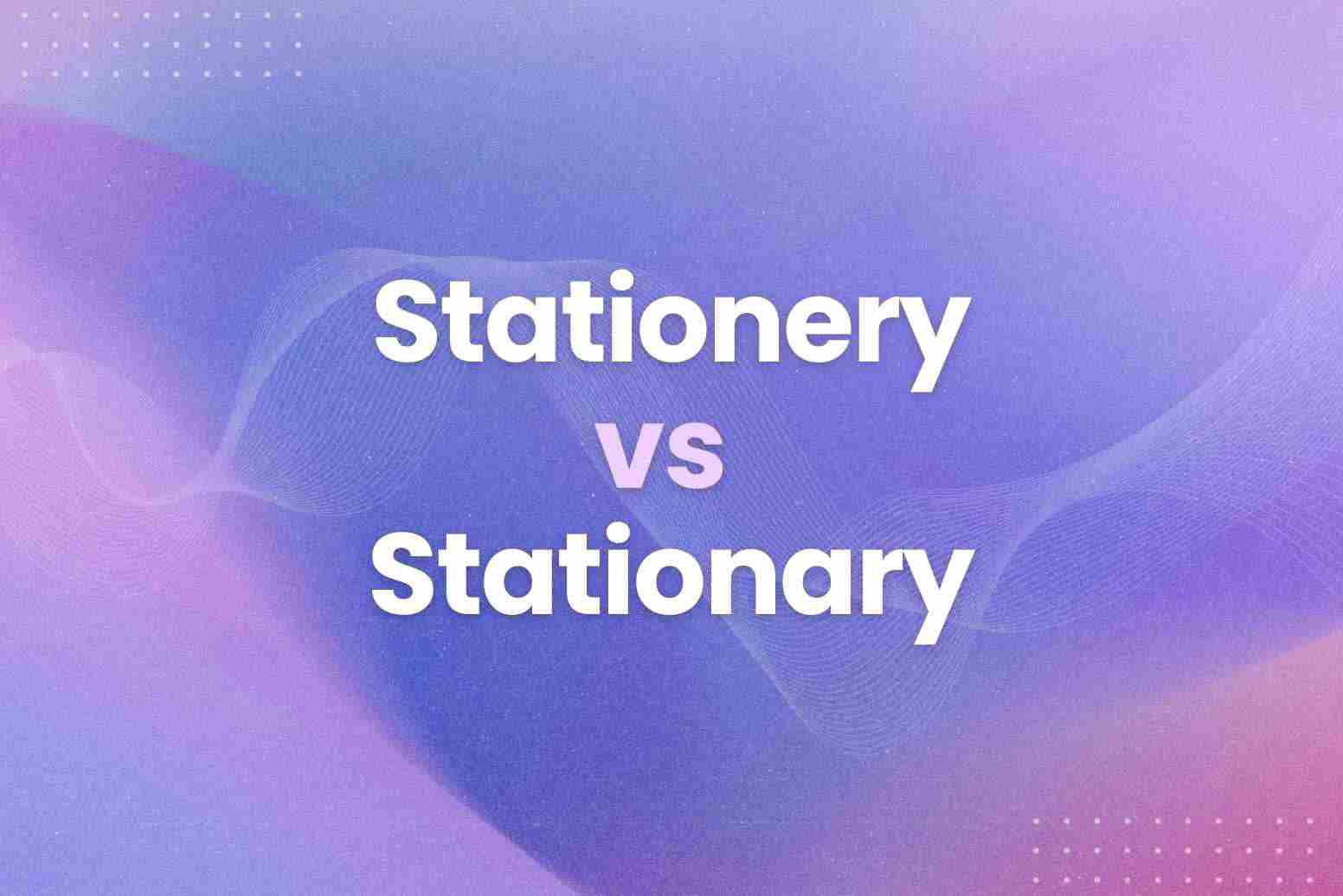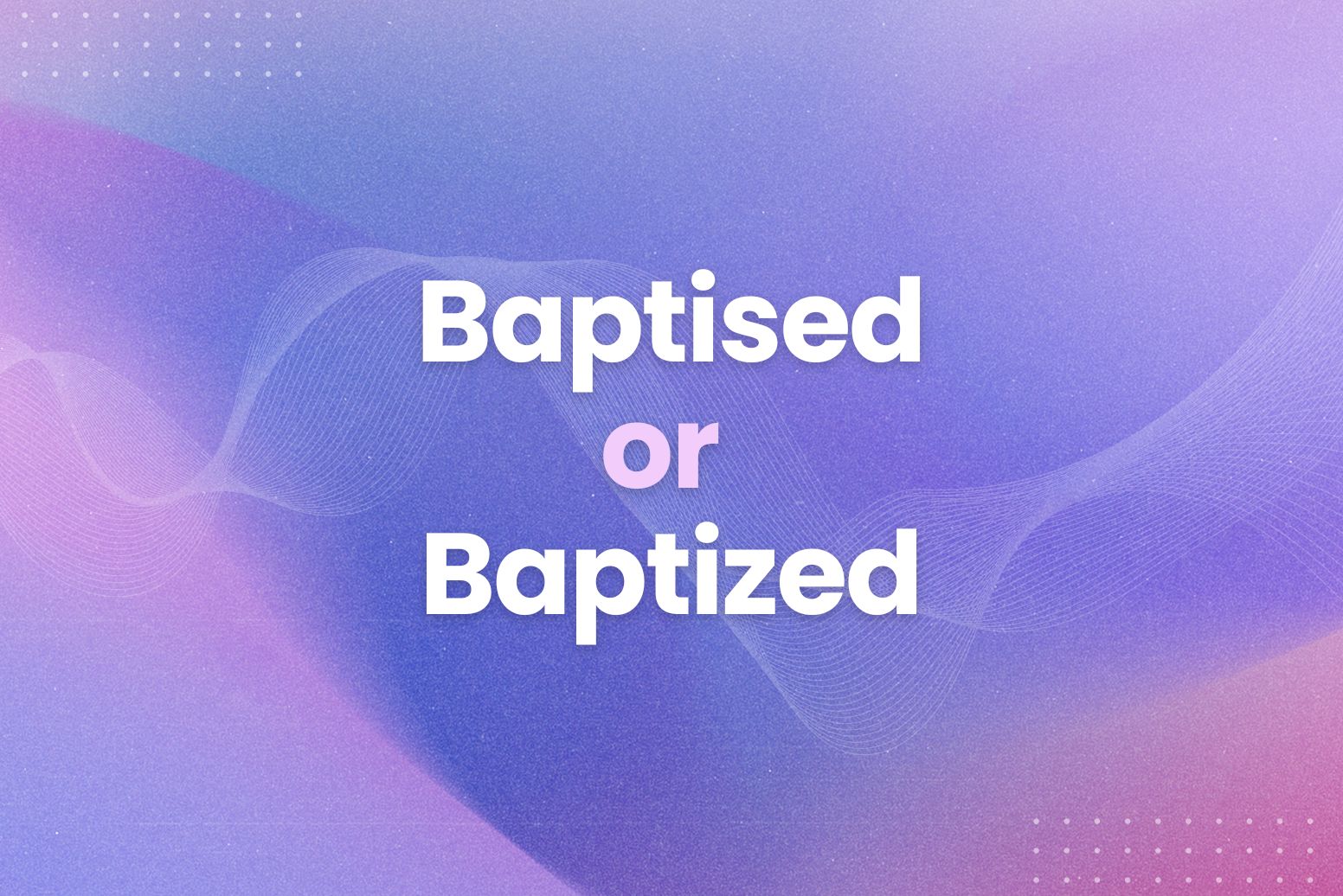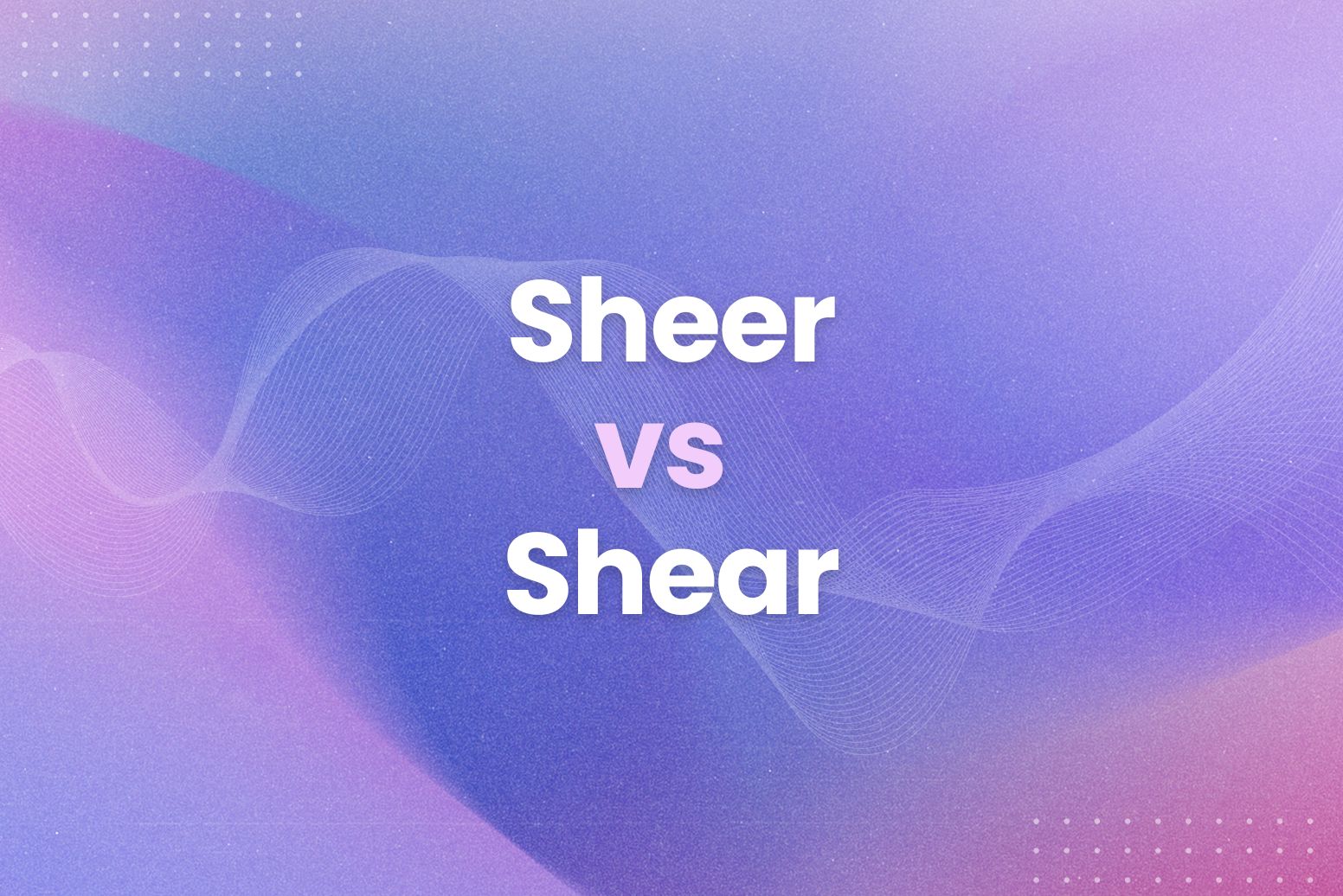That gut-wrenching feeling when someone else seems to have it all? It’s a universal experience. But is it envy vs jealousy? These two emotions often get tangled, yet they’re distinct. One focuses on what they have, the other on what you might lose.
Consequently, mislabeling these feelings can lead to ineffective coping strategies. In short, this article clarifies the difference between envy vs jealousy. Here’s what we’ll cover:
- The core differences between envy vs jealousy.
- The psychological roots of these feelings.
- Practical strategies to overcome envy.
- Effective techniques to manage jealousy.
The Core Differences Between Envy vs. Jealousy
Envy and jealousy. People use these words interchangeably. But they describe different feelings. Therefore, it’s important to know the difference. Envy is wanting what someone else has. For example, you might envy your friend’s new job. Jealousy, on the other hand, is fearing the loss of something you already have. For instance, you might feel jealous if your partner spends a lot of time with a new colleague.
Envy is a two-person scenario. One person desires what another possesses. However, jealousy usually involves three parties. The person feeling jealous, the person they’re attached to, and the perceived “rival.” In other words, jealousy implies a threat to a relationship.
Here’s a quick breakdown:
- Envy: I want what you have.
- Jealousy: I don’t want to lose what I have (to someone else).
To clarify further, envy focuses on a lack within oneself. It’s a feeling of deficiency. On the contrary, jealousy focuses on a perceived threat to a valued relationship. It’s a feeling of insecurity. Consequently, the actions driven by these emotions differ. Envy might lead to resentment or even imitation. Jealousy, however, can trigger protective behaviors or even aggression.
The Psychological Roots of These Feelings
Why do we experience envy and jealousy? These emotions have deep roots. They’re tied to our basic human needs. For instance, the need for social connection and belonging. Moreover, they relate to our sense of self-worth.
Envy often stems from social comparison. We constantly compare ourselves to others. This is especially true in today’s social media age. Consequently, we see curated highlight reels of other people’s lives. This can trigger feelings of inadequacy. Furthermore, envy can link to low self-esteem. People with lower self-esteem are more likely to feel envious.
Jealousy, on the other hand, often arises from insecurity within relationships. This can be rooted in past experiences. For example, childhood experiences of abandonment. Similarly, attachment styles play a role. People with anxious attachment styles are more prone to jealousy. In short, they crave reassurance and fear rejection.
These feelings are not inherently bad. They can signal unmet needs. However, it’s how we handle these feelings that matters. Above all, understanding the roots can help us manage them better.
Practical Strategies to Overcome Envy
Envy can be a draining emotion. But you can overcome it. Here are some practical strategies. Firstly, practice gratitude. Focus on what you already have. For instance, make a list of things you appreciate. This shifts your focus from lack to abundance.
Secondly, limit social media use. Remember, social media is often a highlight reel. It’s not an accurate portrayal of reality. Hence, constant comparison can fuel envy. After that, focus on your own goals. Instead of comparing yourself to others, set personal goals. Work towards your own aspirations.
Furthermore, celebrate other people’s success. This might sound counterintuitive. However, it can help shift your mindset. In other words, genuine happiness for others can diminish envy. Moreover, practice self-compassion. Everyone experiences setbacks. Be kind to yourself. To clarify, treat yourself as you would a good friend. In short, these strategies can help you tame the green-eyed monster.
Effective Techniques to Manage Jealousy
Jealousy hurts relationships. But you can manage it. Here’s how:
- Identify the root cause. What triggers your jealousy? Is it a specific event? Or a deeper insecurity? For instance, did a past betrayal cause this? Self-reflection is key.
- Communicate openly. Talk to your partner or friend. Share your feelings calmly. Avoid blaming them. Use “I” statements. For example, say, “I feel uneasy when…”
- Build trust. Trust is vital for strong bonds. Work on building trust. Open talks and consistent actions help.
- Boost your self-esteem. Jealousy often comes from insecurity. Feeling good about yourself reduces jealousy.
- Consider therapy. A therapist offers tools and support.
In short, these steps help manage jealousy. They also improve your relationships. And they can make you feel better about yourself.
Taming Those Tricky Emotions with Arvin
Envy and jealousy are tough. But they don’t have to control you. Understanding their differences is the first step. Then, using practical strategies makes a big difference. Remember, focusing on gratitude, open communication, and self-worth helps.
Here are the key takeaways on envy vs jealousy:
- Envy is wanting what someone else has.
- Jealousy is fearing the loss of something you have.
- Gratitude and self-compassion combat envy.
- Open communication and trust manage jealousy.
- Strong self-esteem helps with both.
Writing about these complex emotions can be tricky. You want to be clear and accurate. That’s where a tool like Arvin can be helpful. Arvin, the AI browser extension powered by GPT-4, can assist with writing and grammar.
It can help ensure your communication, whether personal or professional, is clear and effective, especially when dealing with sensitive topics like envy and jealousy. This clarity can be invaluable in navigating difficult conversations and fostering stronger relationships.
FAQs About Envy vs Jealousy
How is envy different from jealousy?
Envy is wanting what someone else possesses. Jealousy is fearing the loss of something you already have. In short, envy is about wanting; jealousy is about losing.
Is envy good or bad?
Envy itself isn’t inherently bad. It can signal unmet needs or desires. However, dwelling on envy can be harmful. It can lead to resentment and negativity. Therefore, it’s how you handle envy that matters.
Why is envy a sin but not jealousy?
This is a complex theological question. Different religious traditions have different views. Generally, envy is considered a sin because it involves resentment and coveting what belongs to another. Jealousy, in some contexts, can be seen as a protective instinct, though excessive jealousy is often viewed negatively.
What is an example of envy?
Imagine your coworker gets the promotion you wanted. Feeling envious means you desire that promotion for yourself. You want what they now have.






